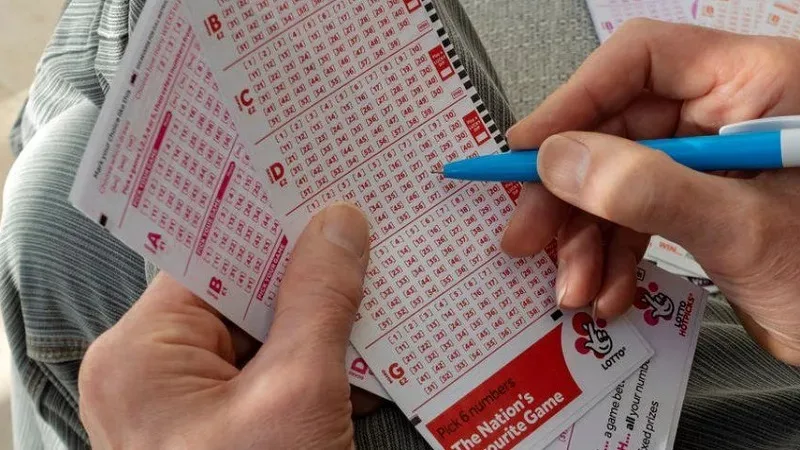The origins of lottery can be traced back to ancient civilizations. The practice of drawing lots is mentioned in numerous historical documents, which shows that lotteries were used to allocate land, settle legal disputes, and fund large government projects like the Great Wall of China.
Lotteries in the Roman Empire
The Romans also adopted lottery systems, primarily for amusement at dinner parties, where guests would receive tickets and winners were guaranteed a prize—often fancy goods such as dinnerware. This social entertainment form eventually evolved into public fundraising methods used by Roman emperors to fund the repair of cities.
Medieval and Renaissance Lotteries
During the medieval period and the Renaissance, lotteries were more formally organized in Europe. They were used to raise funds for fortifications, and to help the poor. The first recorded public lottery in the West was held in 1446 in Bruges, Belgium, for municipal repairs while the first lottery on English soil was chartered by Queen Elizabeth I in 1567 to raise funds for public works and fortifications.
The Lottery in Colonial America
In the 17th and 18th centuries, lotteries were instrumental in financing public projects in the New World, such as roads, libraries, churches, colleges, and canals. Lotteries were often organized by prominent figures and played a role in funding the establishment of the early American colonies.
Transition to National Lotteries
The 19th century saw the rise of national lotteries in Europe. Countries established official lotteries to fund various state projects in an organized manner. The lottery became a civic responsibility, supported and promoted by the governments themselves.
The Digital Transformation
With the advent of the internet, lotteries have transformed dramatically. Online lottery platforms have emerged, making it easier for people to participate from the comfort of their homes. These platforms offer a variety of games and draw players from around the globe, revolutionizing how lottery games are played and managed.

Impact of Digital Lotteries on Traditional Draws
Digital lotteries have not only expanded the reach of traditional lottery games but also introduced new business models and increased transparency in the industry. Players can now access lottery draws live, and results are instantly available online, which enhances trust and participation rates.
The Future of Lottery
As technology advances, the future of lottery looks promising with the integration of blockchain technology to ensure fairness and further transparency. Virtual reality could also play a role, offering a more immersive experience of participation. The evolution of lottery from ancient times to the digital era shows a dynamic adaptation to technological advancements and cultural changes.